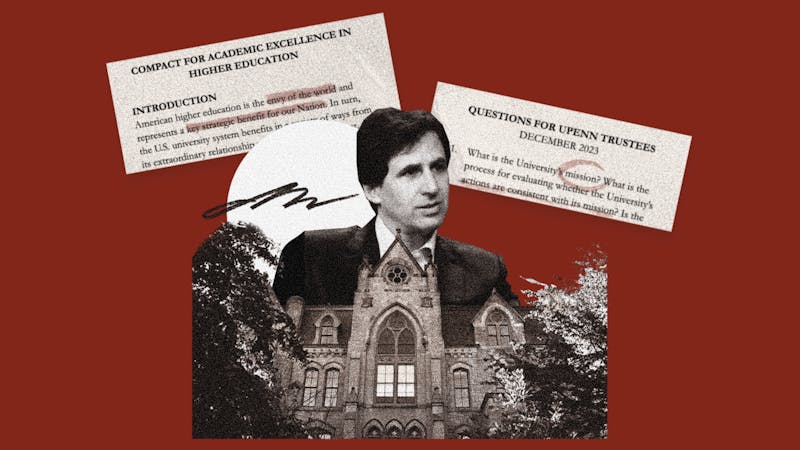
Mark Attiah
Truth Be Told
According to a survey that I rigorously made up for this article, three out of four people are quicker to think of things they hate, than things they like. If we extrapolate this to the rest of the population, correcting for magnetic fields and the tilt in the Earth’s axis, then you can see that my independent research leads to one bone-chilling conclusion:
75 percent of all people everywhere are haters.
This is a crisis of pandemic proportions. Now, I understand that you might be alarmed, as you should be, since panic always improves situations like these. You might wonder, “Who are these people? Am I at risk?”
You can find out using this quick and very exact test: Talk to three friends and ask them if they hate you. If their answer is no, then you’re it. Since the Centers for Disease Control are clearly neglecting their duties regarding this malady, it falls to me to put out this public service announcement.
Since this is a new phenomenon, you will not find it in Webster’s Dictionary or on WebMD. As Ice-T — rapper, actor and expert-haterologist — once said, “real hatin’, that is an art form. You’re born a hater.” So not only is this condition genetic, but contrary to popular belief, a hater is not a person who hates, but rather a person who hates on.
Haters’ targets can be almost anything as long as they are good, righteous, cuddly and/or not unlike the author of this column. The illness does not discriminate among race, gender or age. While being hated has many negative health consequences such as low self-esteem, being hated on seems to induce opposite effects, namely an inflated sense of self worth, more confidence — and in extreme cases — outright belligerence.
Here lies the danger in what I’d like to call “The Haters’ Paradox.” Those on the receiving end of the haterizing end up becoming addicted to it. Hate junkies, you might call them.
So you want to be unique, just like everyone else?
In our generation, individualism has been esteemed to the point where whatever attention a person can get, whether positive or negative, is good. In this paradigm, someone’s ill will fuels another’s self worth.
The number of haters that one has, then, becomes a sort of social currency — a sign that one must either be doing something right or everyone else is doing everything wrong.
In this cap-and-trade system of social capital, infamy is an acceptable alternative to fame. If that’s the case, thenthe richest person is the one with the most mean glances, side eyes, disgusted faces and dirty rumors hurled in his direction.
So to reduce the number of people who are severely hated on, we must reduce the number of haters.
Start with preventive measures. Avoid triggers such as long lines, overly talkative people and boring professors.
Haterade is extremely toxic. Wash any body surface that comes into contact with it immediately, otherwise the area may become sanctimonious and offended. Rinse thoroughly.
If you are a victim of being hated on, do not panic. It will be okay. You need to remember that you are no better or worse than you were before the attack. Casualties of haterization may tend to play the indignant, innocent victim. If you find yourself in this position — stop. Realize that a good deal of hateration is just negativity, but some of it is criticism and dare I say, constructive. Breathe. In fact, your haters might be writing you a coded love letter. There is little need for excessive self-righteousness — it is possible to drown in holy water.
Currently, there is no cure for haters. Treatment is supportive and the condition is often terminal — to relationships, that is. But there is hope. Truth be told, the hater is only in the eye of the beholder. Feel free to hate on this column. I, for one, can tell the difference between hatred and a thickly veiled “I love you.”
Mark Attiah is a second-year medical student from Dallas, Texas. His email address is mattiah@mail.med.upenn.edu. Truth Be Told appears every other Thursday.
The Daily Pennsylvanian is an independent, student-run newspaper. Please consider making a donation to support the coverage that shapes the University. Your generosity ensures a future of strong journalism at Penn.
DonatePlease note All comments are eligible for publication in The Daily Pennsylvanian.







